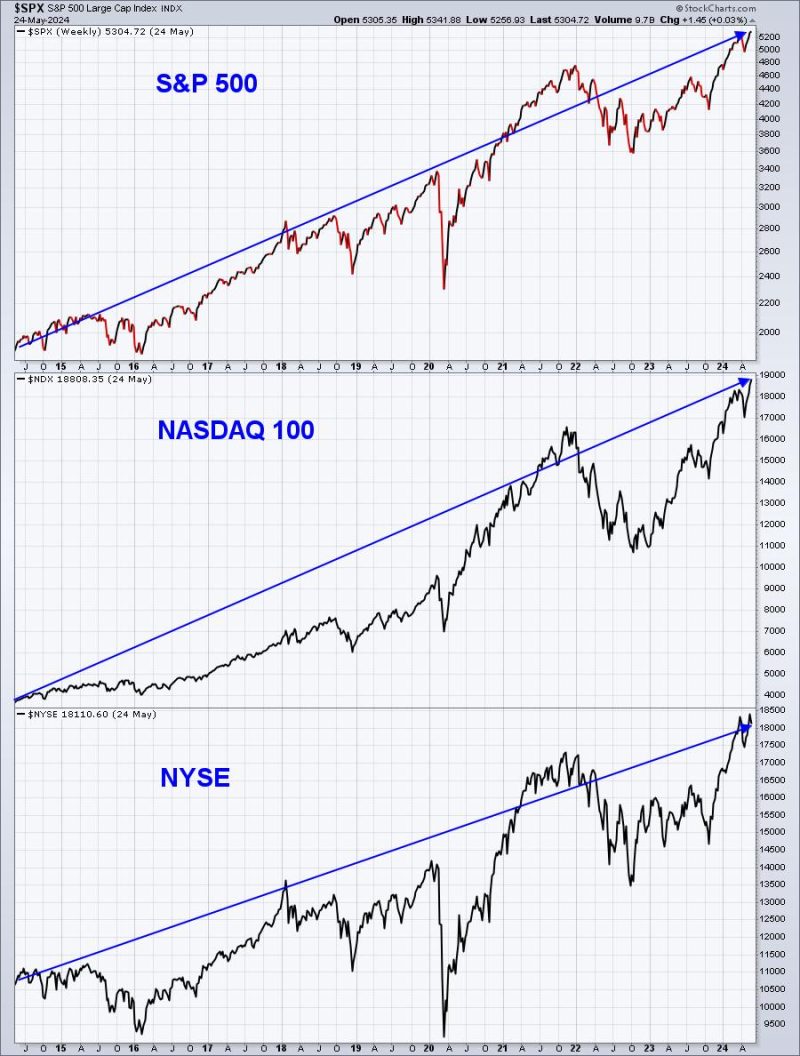1. Evaluate Your Trading Strategy:
Before making any further changes or improvements, take a close look at your current trading strategy. Evaluate its strengths and weaknesses. Consider aspects such as your entry and exit points, risk management techniques, and overall performance. Determine what aspects of your strategy are working well and what areas need improvement.
2. Analyze Your Trading Psychology:
Trading is not just about numbers and charts; it also involves a significant psychological component. Analyze your emotions and mindset when making trading decisions. Are you prone to impulsive decisions based on fear or greed? Do you have a solid risk management plan in place to prevent emotional trading? Understanding your own psychology is crucial to becoming a consistently successful trader.
3. Implement Proper Risk Management:
One of the key factors in successful trading is proper risk management. Make sure you have a clear plan in place to manage your risk effectively. This includes setting stop-loss orders, diversifying your trades, and avoiding over-leveraging. By implementing sound risk management practices, you can protect your trading capital and minimize potential losses.
4. Continuously Educate Yourself:
The financial markets are constantly evolving, and successful traders are always learning and adapting to new information and trends. Take the time to educate yourself on trading strategies, technical analysis tools, and market dynamics. Stay informed about current events and economic indicators that may impact the markets. The more knowledge you have, the better equipped you will be to make informed trading decisions.
By following these four steps and continuously seeking to improve your trading process and results, you can increase your chances of success in the financial markets. Remember that trading is a skill that takes time and practice to develop, so be patient and persistent in your journey towards becoming a better trader.

